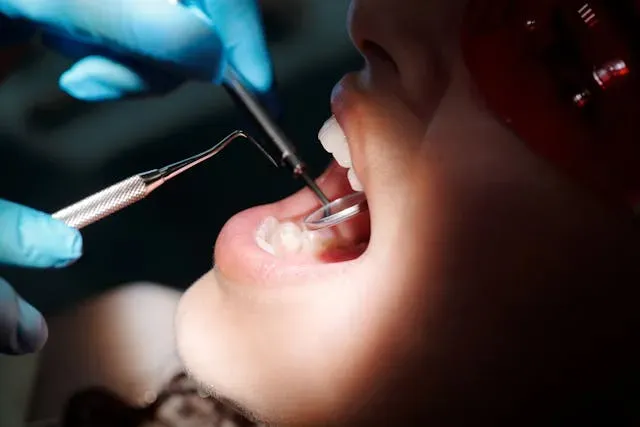
Essential Dental Tools: An Overview for Dental Professionals
Learn the essential dental tools used in every dental practice, from mouth mirrors to dental drills. Explore their functions, maintenance, and role in improving patient care.
Get carepatron free







